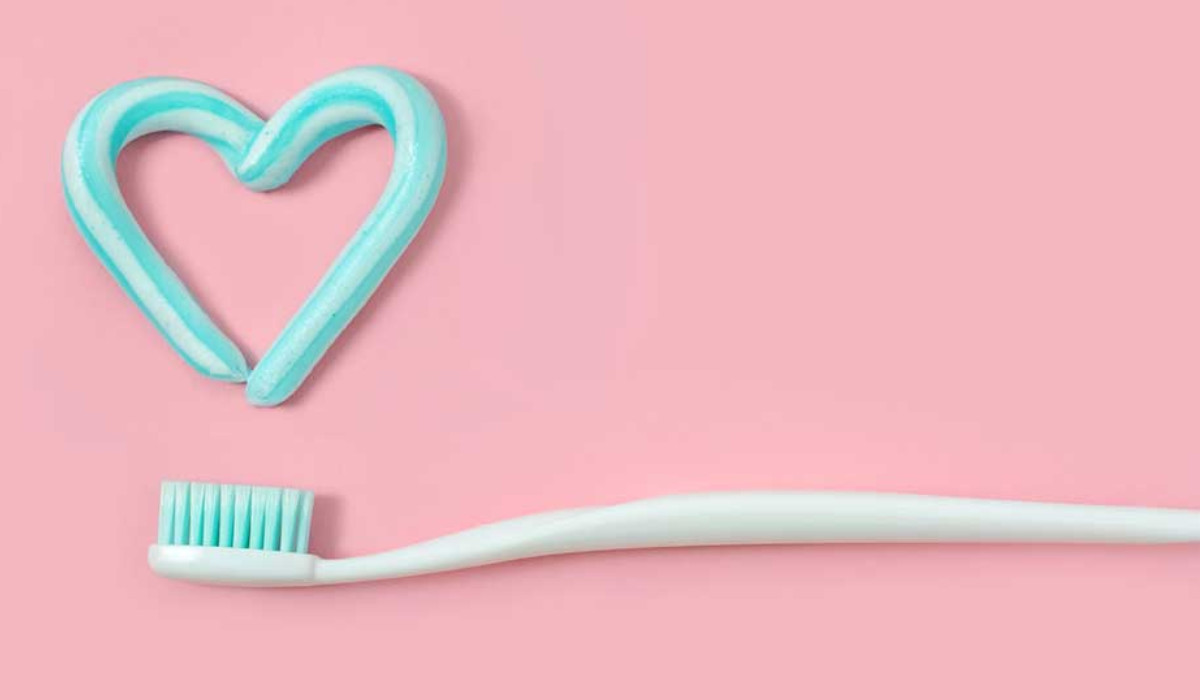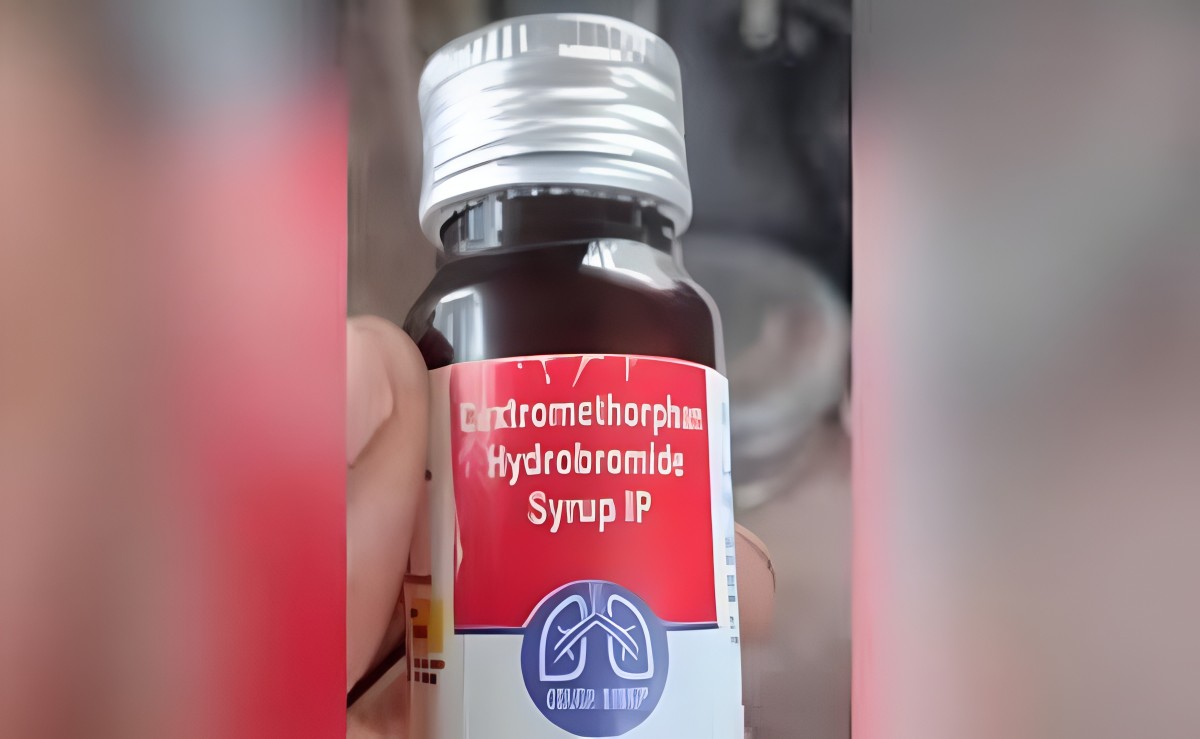A bright and healthy smile is not just a cosmetic asset; it’s a reflection of your overall health. Proper oral hygiene is essential to prevent dental problems and maintain your overall well-being. Here are some tips to help you keep your teeth and gums in the best possible condition.
1. Brush Your Teeth Regularly:
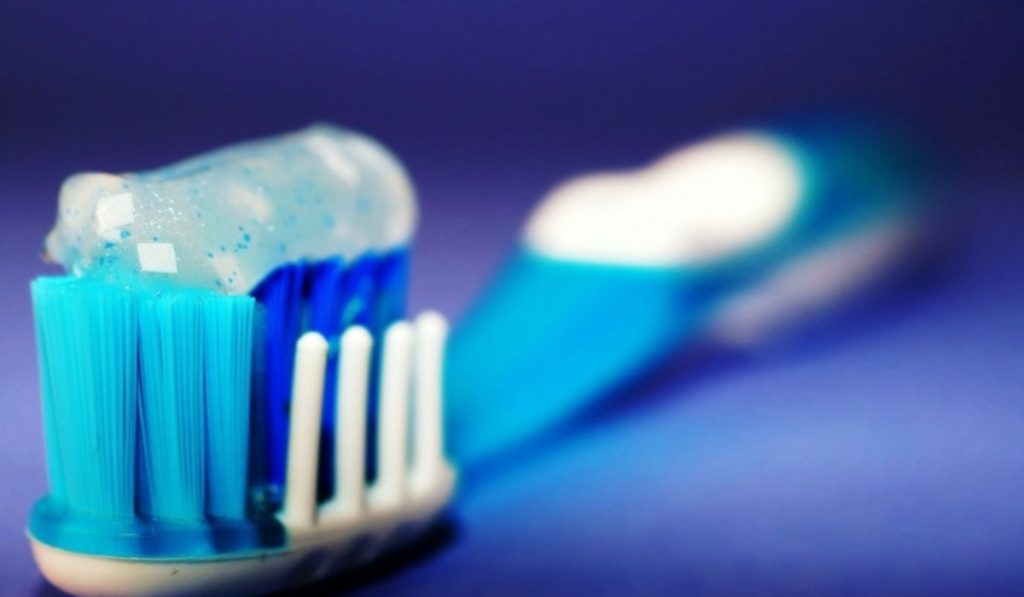
The cornerstone of good oral hygiene is regular brushing. Brush your teeth at least twice a day, preferably in the morning and before bedtime. Use a fluoride toothpaste and a soft-bristle toothbrush to avoid damaging your enamel and gums.
2. Don’t Forget to Floss:
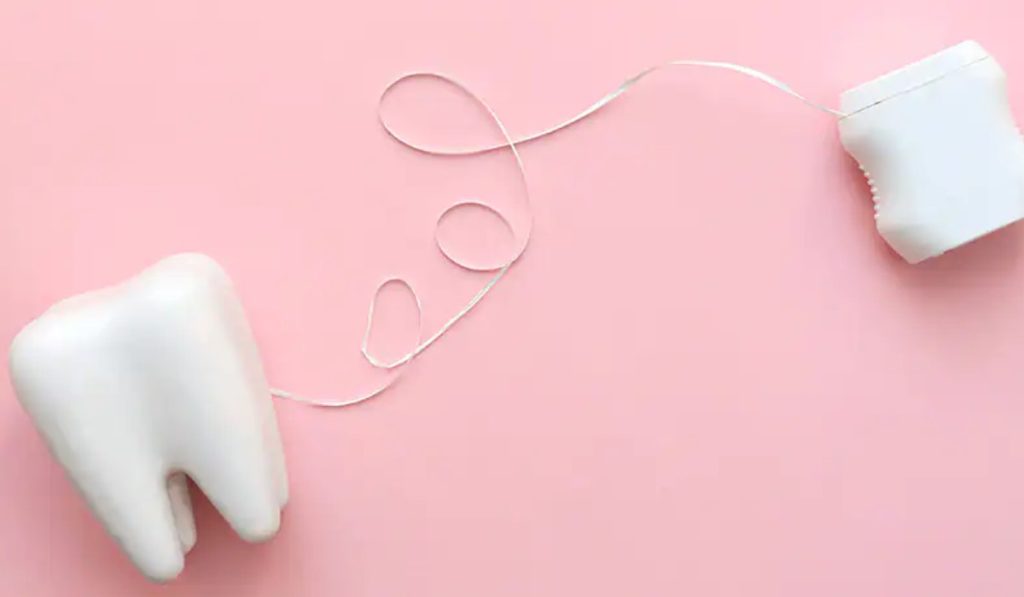
Brushing alone doesn’t remove all the food particles and plaque between your teeth. Flossing is crucial for cleaning those hard-to-reach areas. Make flossing a part of your daily routine.
3. Use Mouthwash:
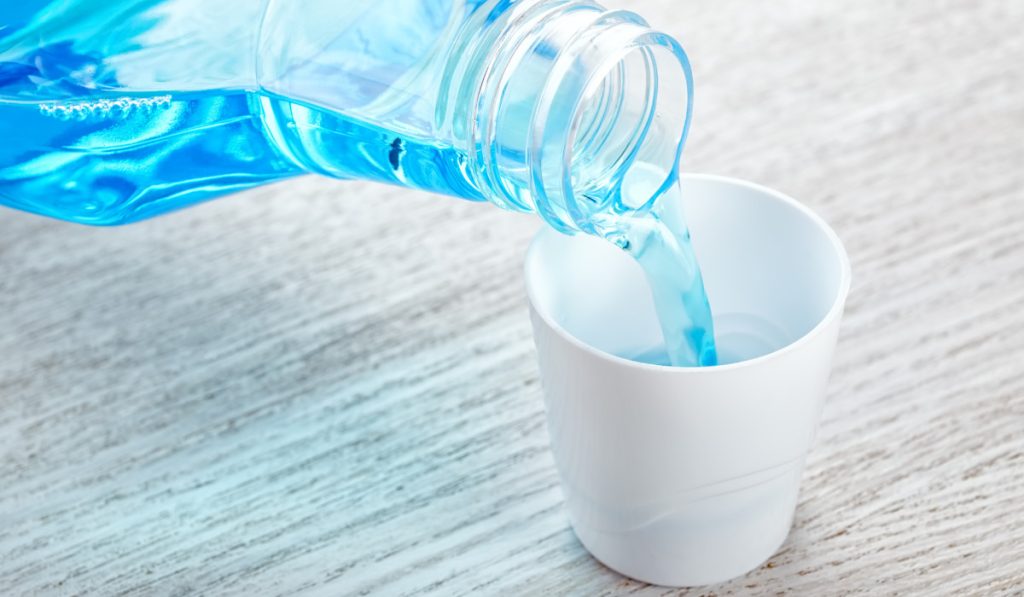
Rinsing with an antimicrobial or fluoride mouthwash can help kill bacteria and strengthen your teeth. It also provides a fresh feeling in your mouth.
4. Maintain a Balanced Diet:

A diet rich in fruits, vegetables, and whole grains provides essential nutrients for your oral health. Limit sugary and acidic foods and drinks, as they can lead to tooth decay and enamel erosion.
5. Drink Water:

Water helps rinse away food particles, bacteria, and acids that can contribute to tooth decay. It’s especially important after consuming sugary or acidic beverages.
6. Replace Your Toothbrush:
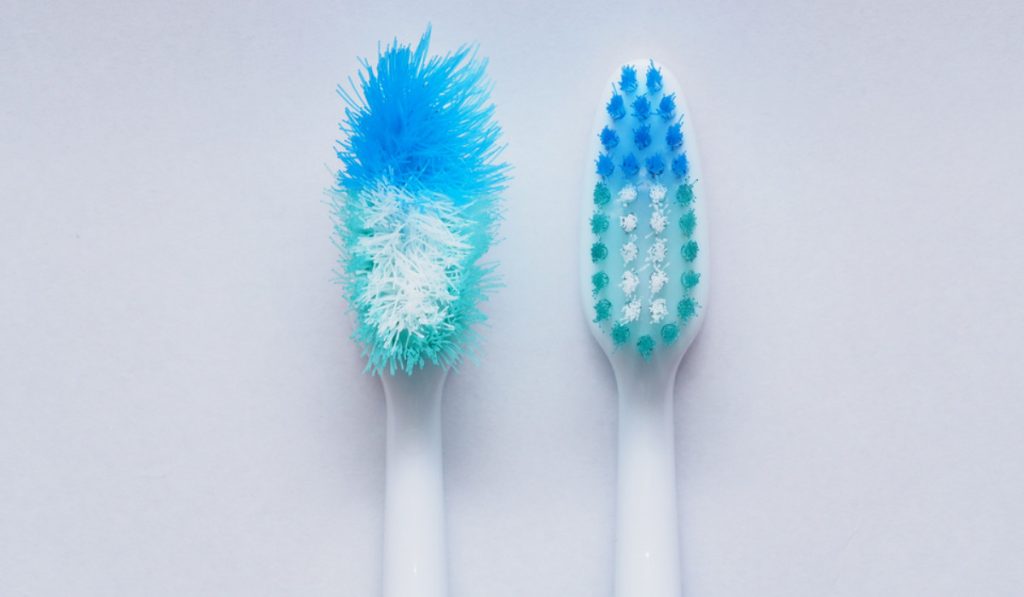
Toothbrushes should be replaced every 3-4 months or sooner if the bristles are frayed. A worn-out toothbrush is less effective at cleaning your teeth.
7. Visit Your Dentist Regularly:
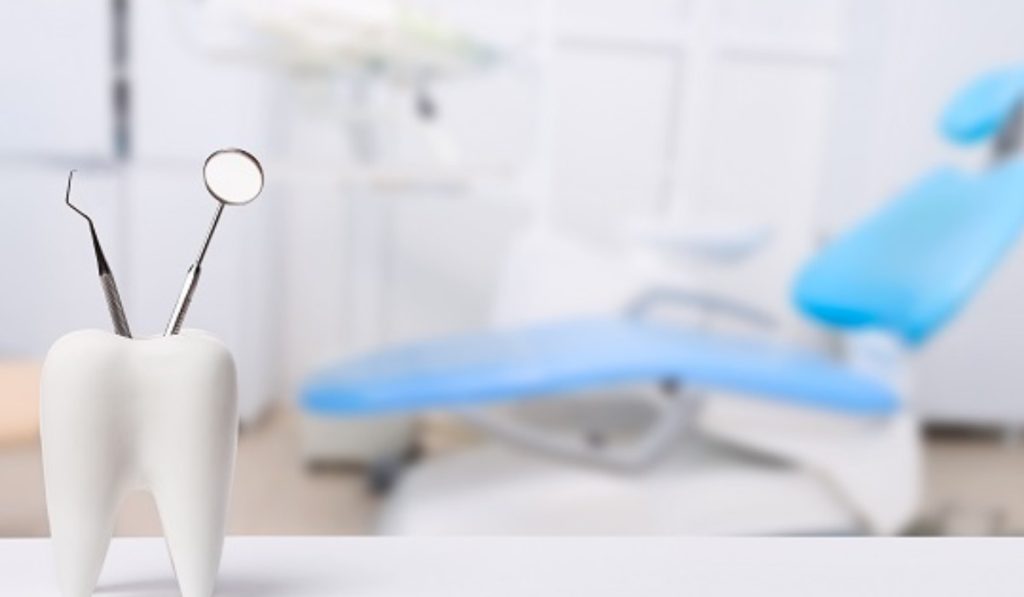
Regular dental check-ups are essential for catching and addressing issues early. Dentists can perform cleanings, identify problems, and provide advice on your oral hygiene routine.
8. Avoid Tobacco:

Smoking and chewing tobacco can lead to gum disease, tooth loss, and even oral cancer. Quitting tobacco is one of the best things you can do for your oral and overall health.
9. Protect Your Teeth:
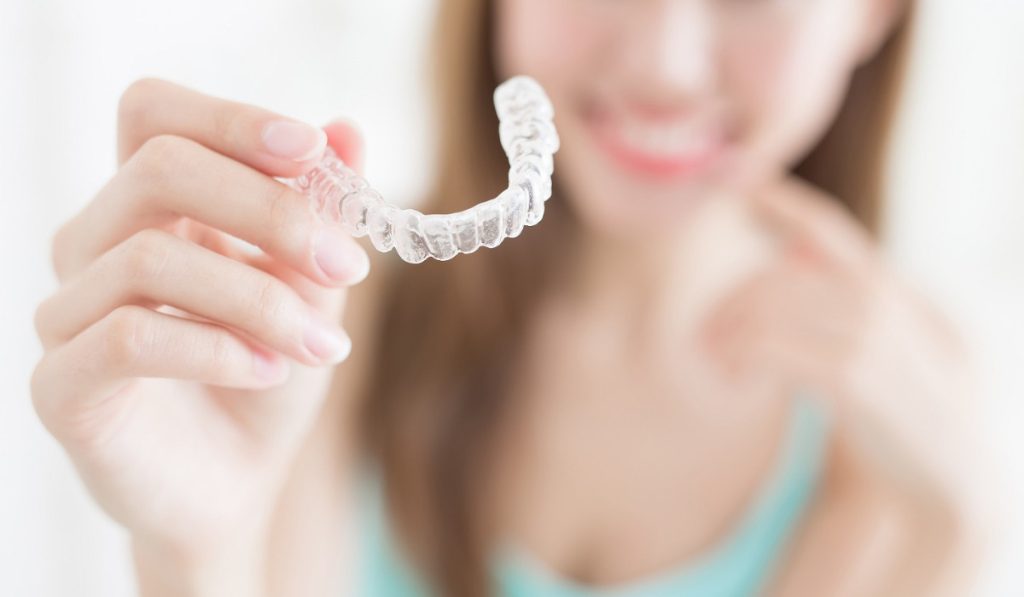
If you play contact sports or grind your teeth at night, consider wearing a mouthguard to protect your teeth from injury or damage.
10. Be Mindful of Teeth-Whitening Products:
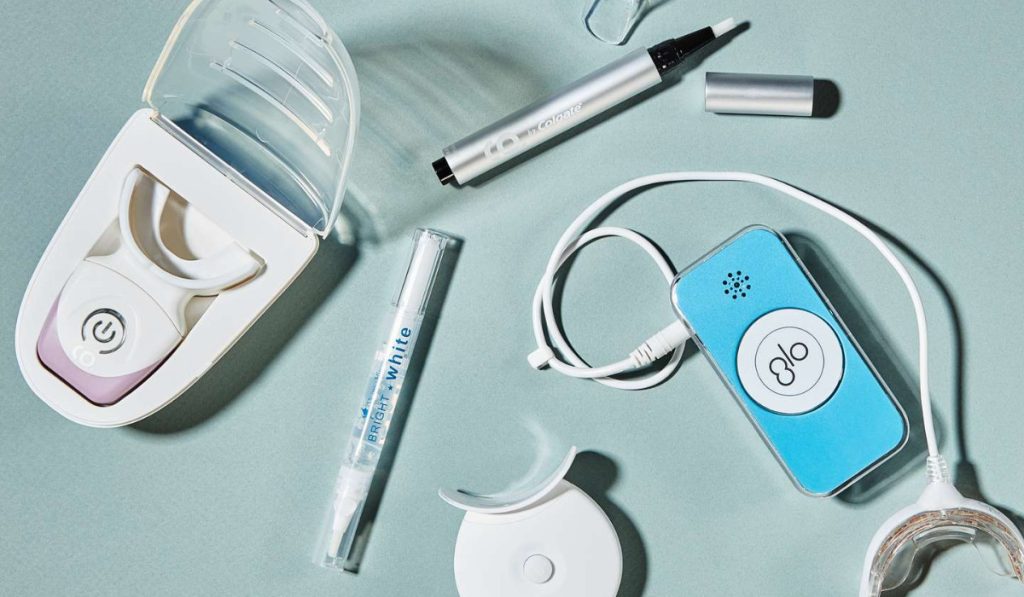
While teeth whitening can improve your smile, excessive use of over-the-counter products can harm your enamel. Consult with your dentist before using such products.
11. Manage Stress:

Stress can lead to teeth grinding, which can damage your teeth. Consider stress-reduction techniques, and if necessary, speak to your dentist about a nightguard.
12. Know the Warning Signs:
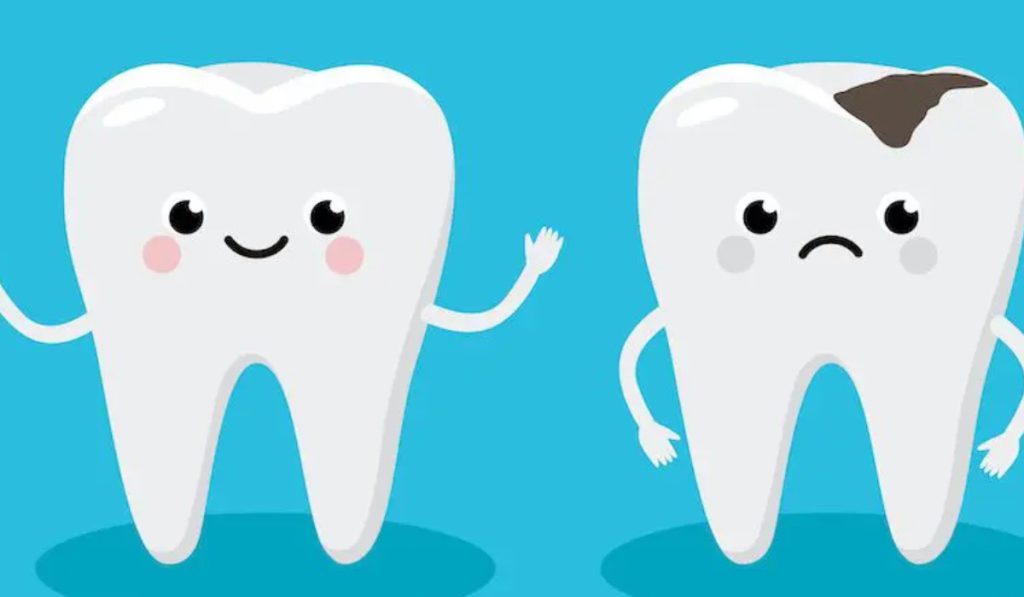
Be aware of signs like bleeding gums, persistent bad breath, or tooth sensitivity. These can be indicators of underlying dental issues that need attention.
13. Teach Good Habits:

Encourage good oral hygiene habits in your children from a young age. Make it a family routine to brush and floss together.
14. Stay Hydrated:

A dry mouth can promote the growth of harmful bacteria. Drinking water helps maintain a moist environment in your mouth.
Maintaining good oral hygiene is not just about having a beautiful smile; it’s about protecting your health. Neglecting oral health can lead to various dental issues, including gum disease, cavities, and tooth loss, which can impact your overall well-being. By following these tips and visiting your dentist regularly, you can enjoy a radiant smile and a healthier, happier you.
Also Read: Exploring the World of Pasta: A Delight for Every Palate







